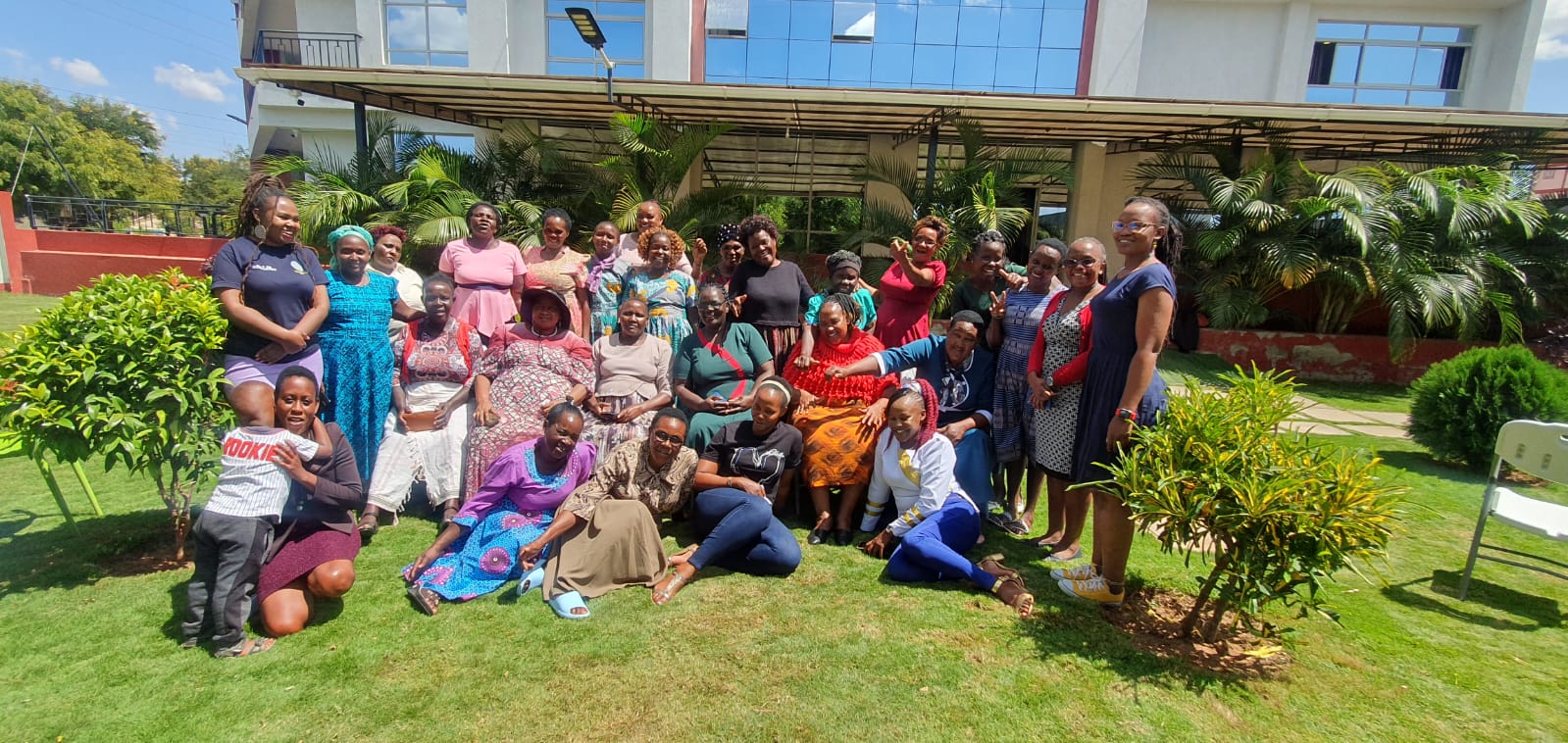
Posted on: 11th Mar, 2025
Read: 3 Minutes
Posted by: Kewasnet Admin
In
Makueni County, a remarkable transformation is taking place as women step into
more active roles in governance and accountability. We had the privilege of engaging
women from three groups—Nguumo Women Group, Maendeleo ya Wanawake, and
Wise-widows Women Group for a ground-breaking training on social accountability
in water governance.
The
three-day workshop had a clear mission: to empower marginalized women with the
tools and confidence to make their voices heard about accessing water and
sanitation services. As primary household decision-makers regarding water,
these women are now positioned to challenge the status quo and demand better
services from duty bearers.
"As
women, we should not let fear dictate the intensity of our involvement in
community development," remarked one participant, echoing the sentiments
of the legendary Wangari Maathai, whose story of courage and environmental
activism inspired many during the training.
The
women candidly shared the barriers they face in water governance: cultural
restrictions from spouses, inadequate awareness of public participation
schedules, inaccessible venues for those with disabilities, and a general fear
of speaking up. Most revealing was their limited knowledge of which government
officials are responsible for various water-related services.
Through
interactive sessions, the participants learned about governance structures,
human rights-based advocacy, and practical social accountability tools such as
community scorecards, civic education, and photo evidence. They practiced
effective communication techniques and participated in role-playing scenarios
that highlighted the importance of approaching the correct duty bearers with
community concerns.
Caroline
Ngina, Assistant Director of Water Governance from the County Government of
Makueni, challenged the women to foster genuine interest in community forums
and continuously engage local leaders. She highlighted the severe vandalization
of water infrastructure and tasked the participants to become champions of
water governance in their communities.
Perhaps
the most promising outcome was the creation of advocacy plans by each women
group. These plans outlined specific community issues, potential solutions, and
stakeholders to engage. The Maendeleo ya Wanawake group focused on water
shortages in Kathungu, while Nguumo women targeted low water supply in Wote.
The Wise-widows group from Mwaani committed to addressing water rationing and
high prices in their area.
As
the training concluded, the participants formed a WhatsApp group to maintain
communication and collaboration, ensuring that the momentum built during these
three days continues to grow. They committed to sharing their newfound
knowledge with fellow group members, creating a ripple effect of empowerment
throughout their communities.
In a region where women's passions range from kitchen gardening and poultry keeping to tree seedling management and vegetable value addition, access to clean and affordable water is not just a convenience, it is the foundation of economic independence and community resilience.
You can also log in to post a comment. Login
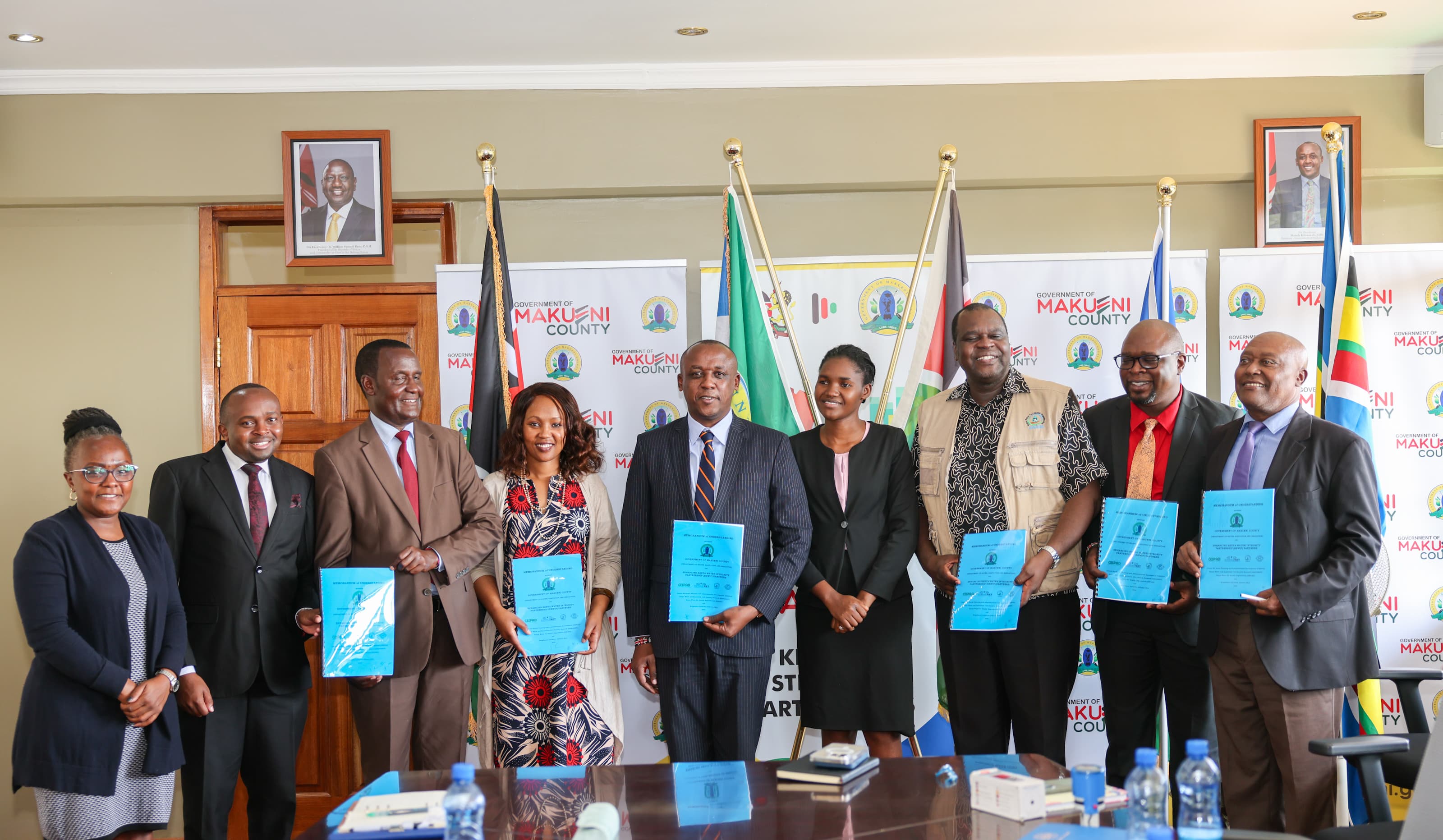
Posted on: 09th Jul, 2025
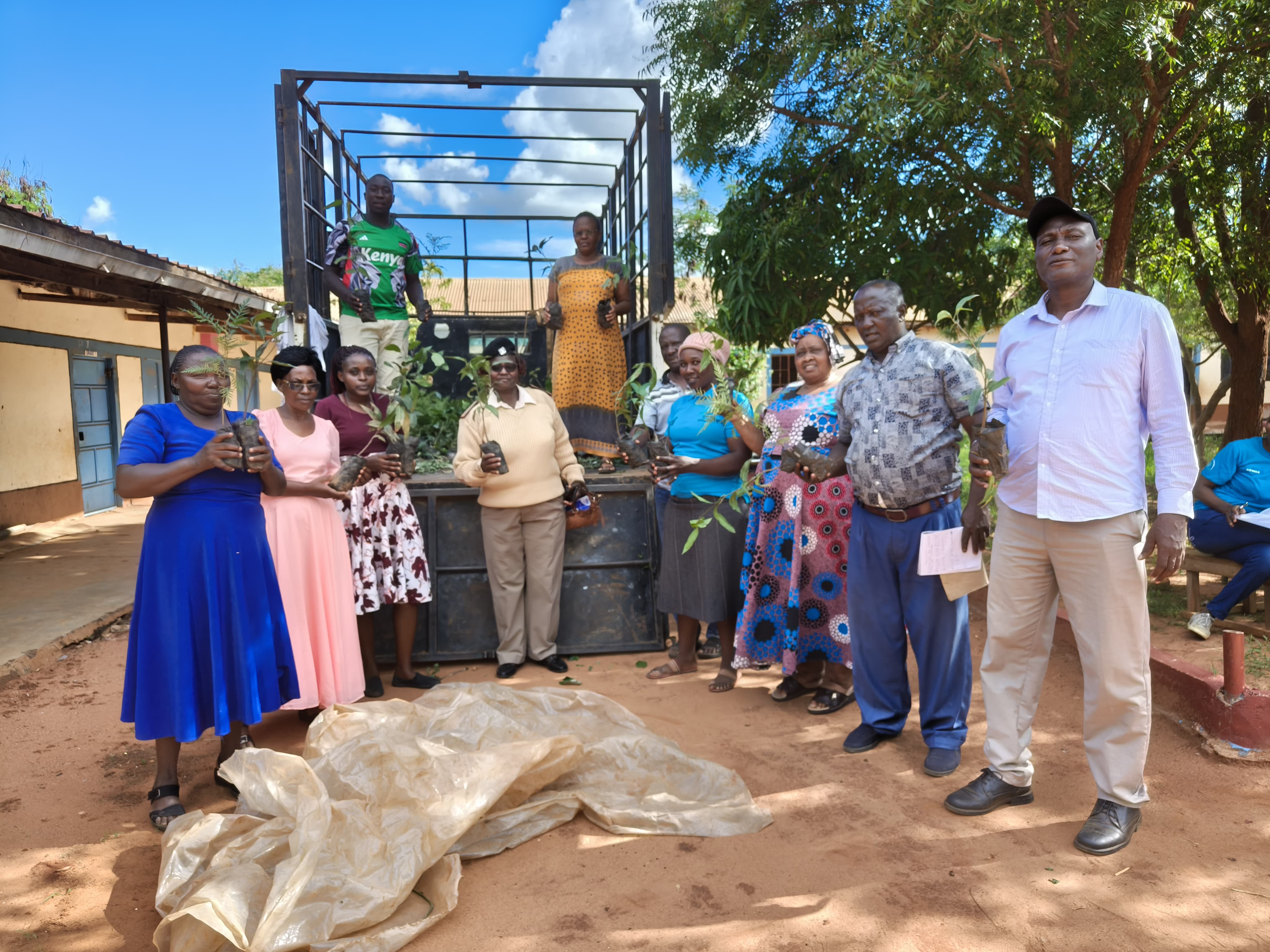
Posted on: 28th Apr, 2025
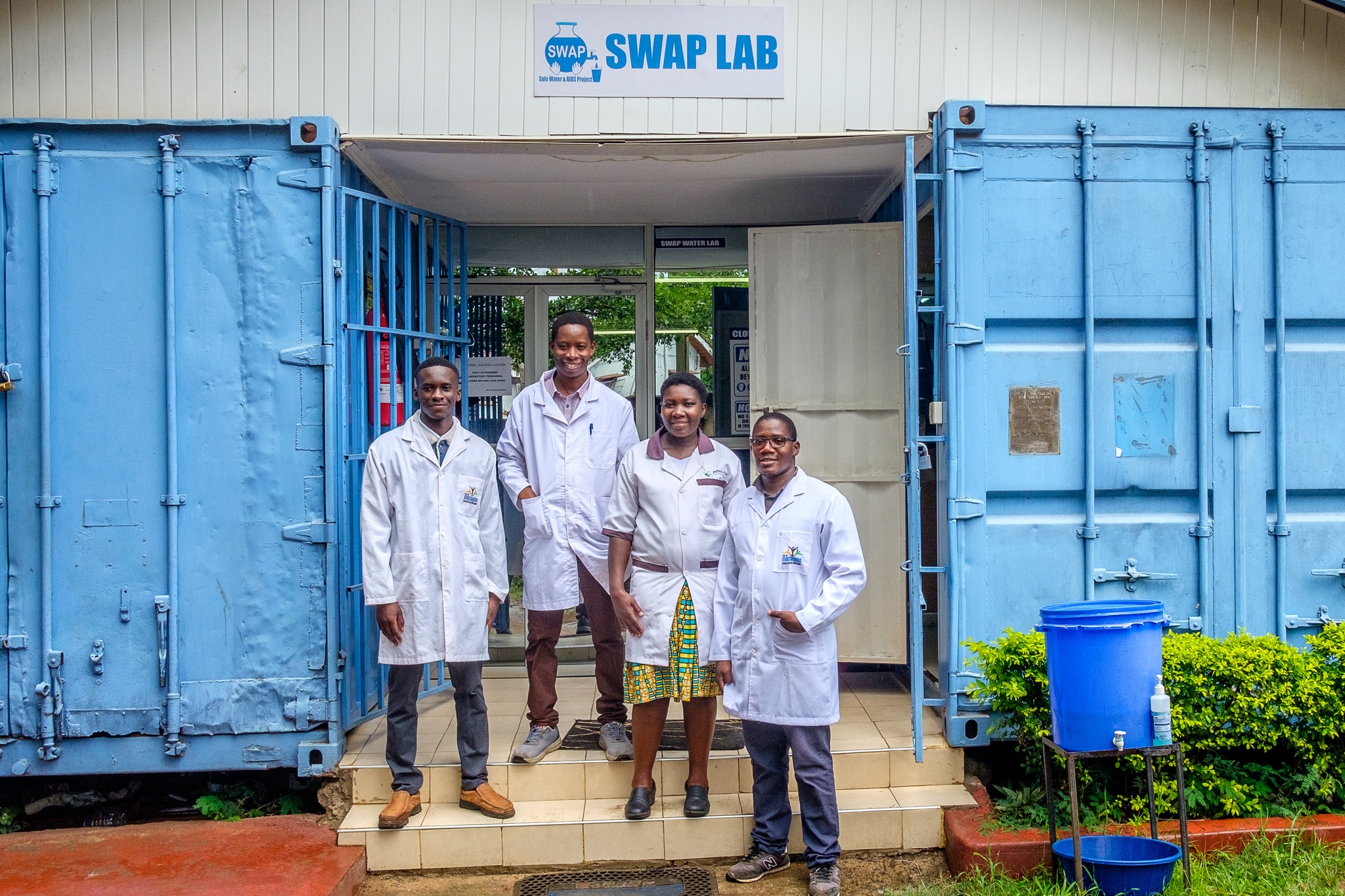
Posted on: 24th Mar, 2025
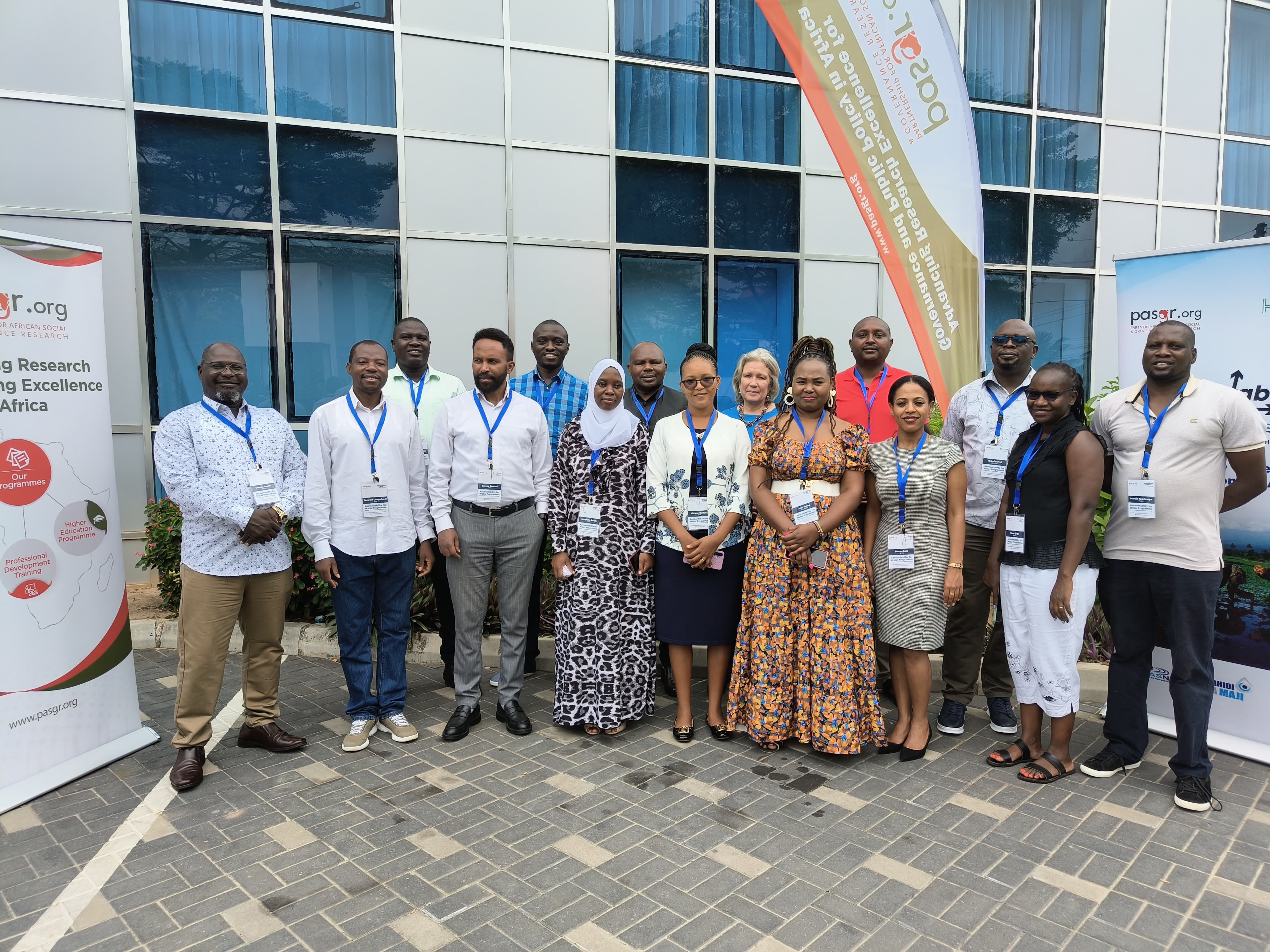
Posted on: 05th Mar, 2025
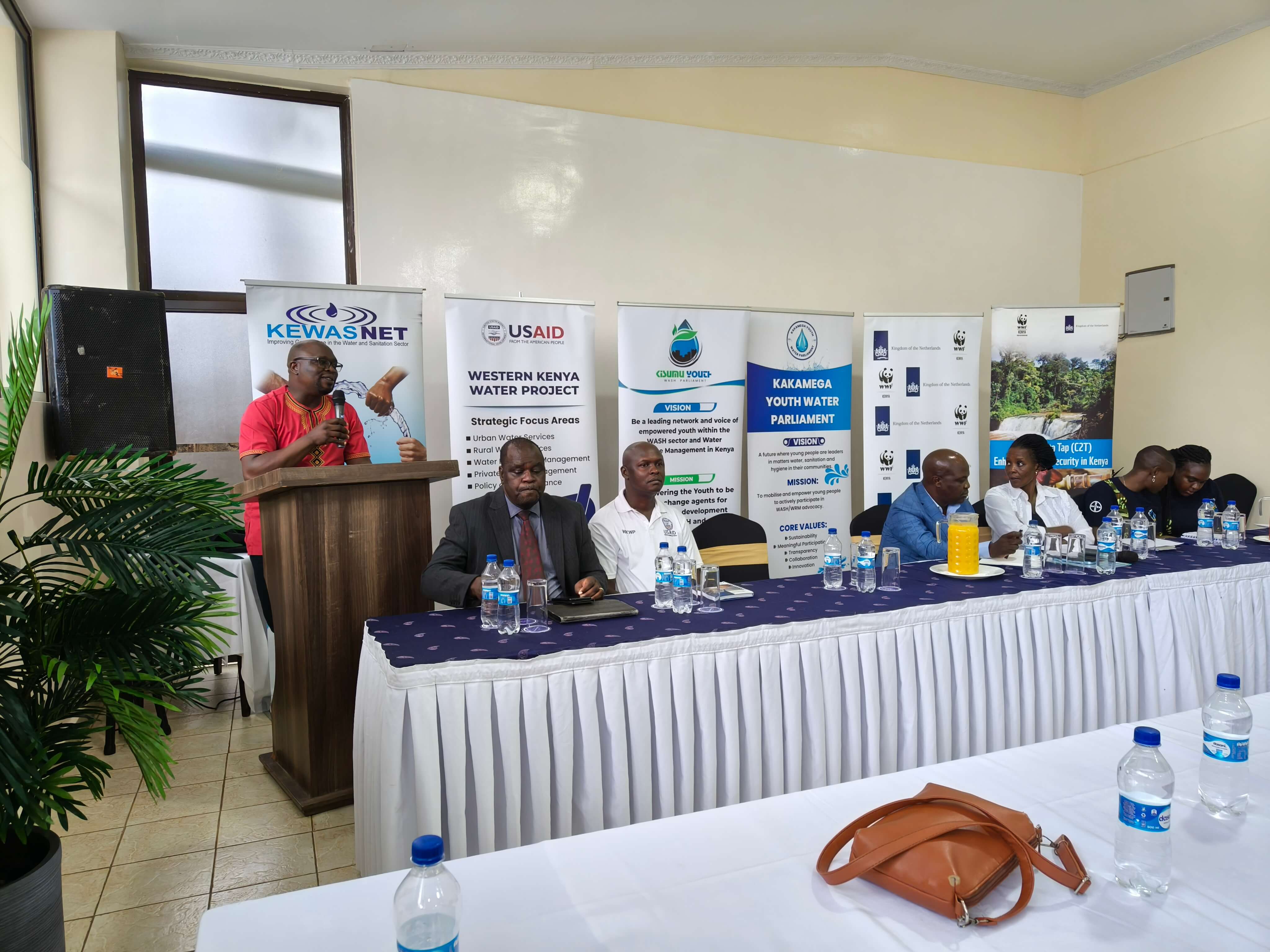
Posted on: 29th Sep, 2024